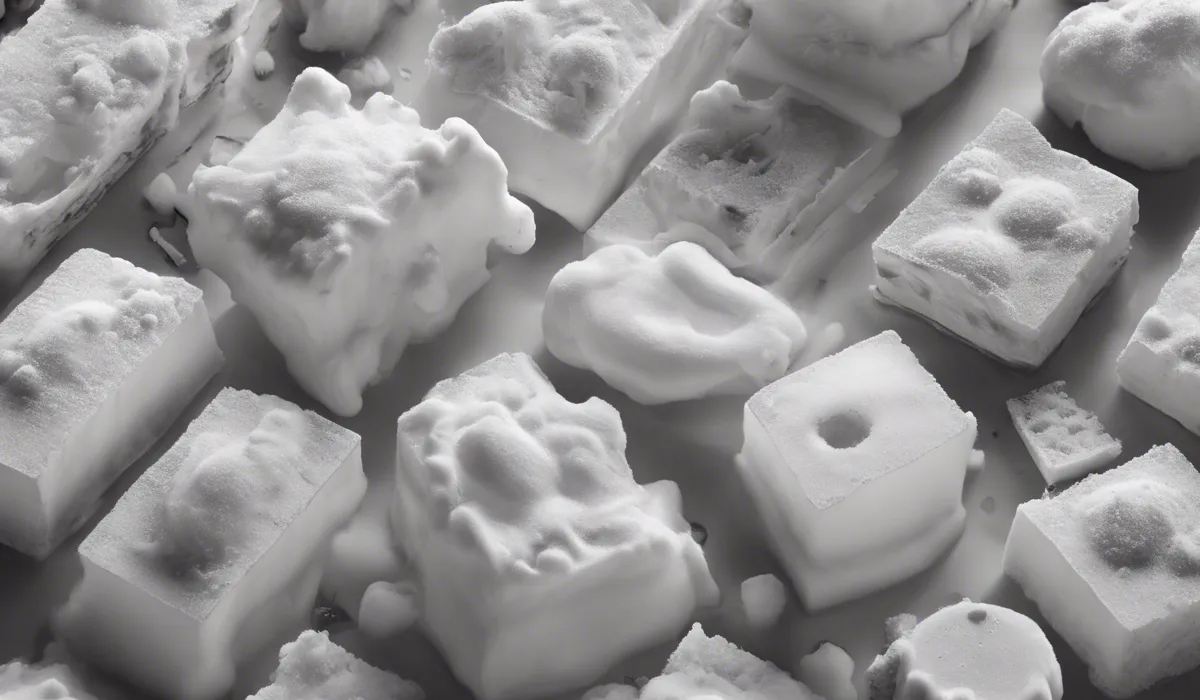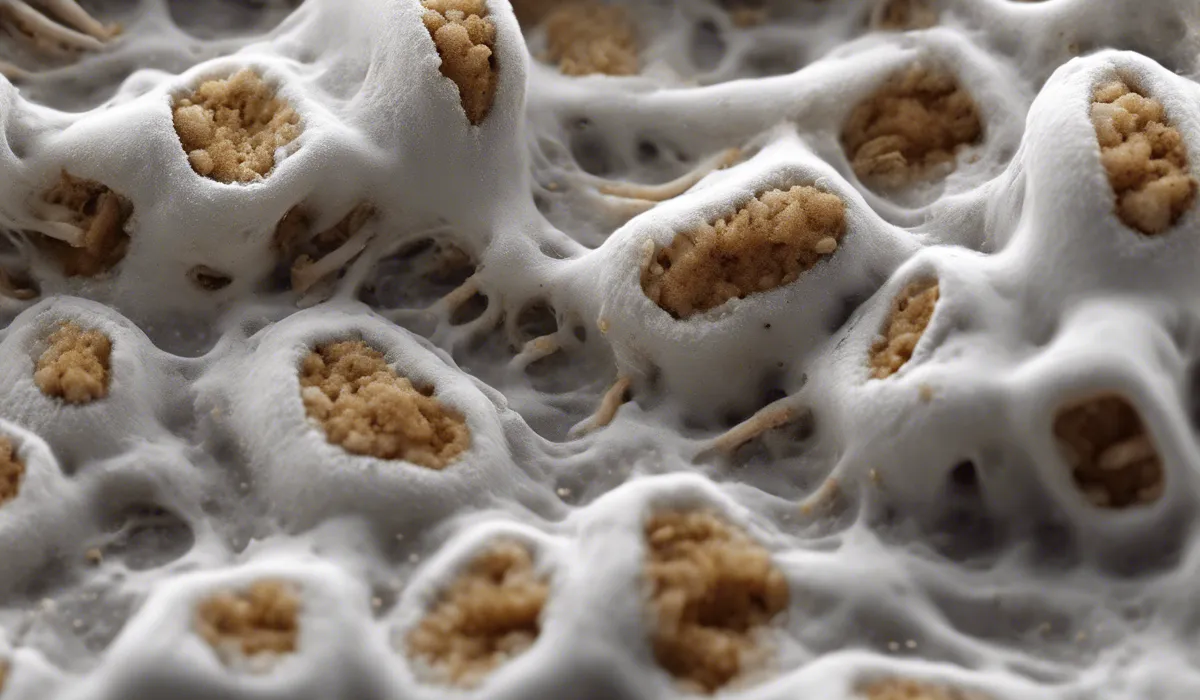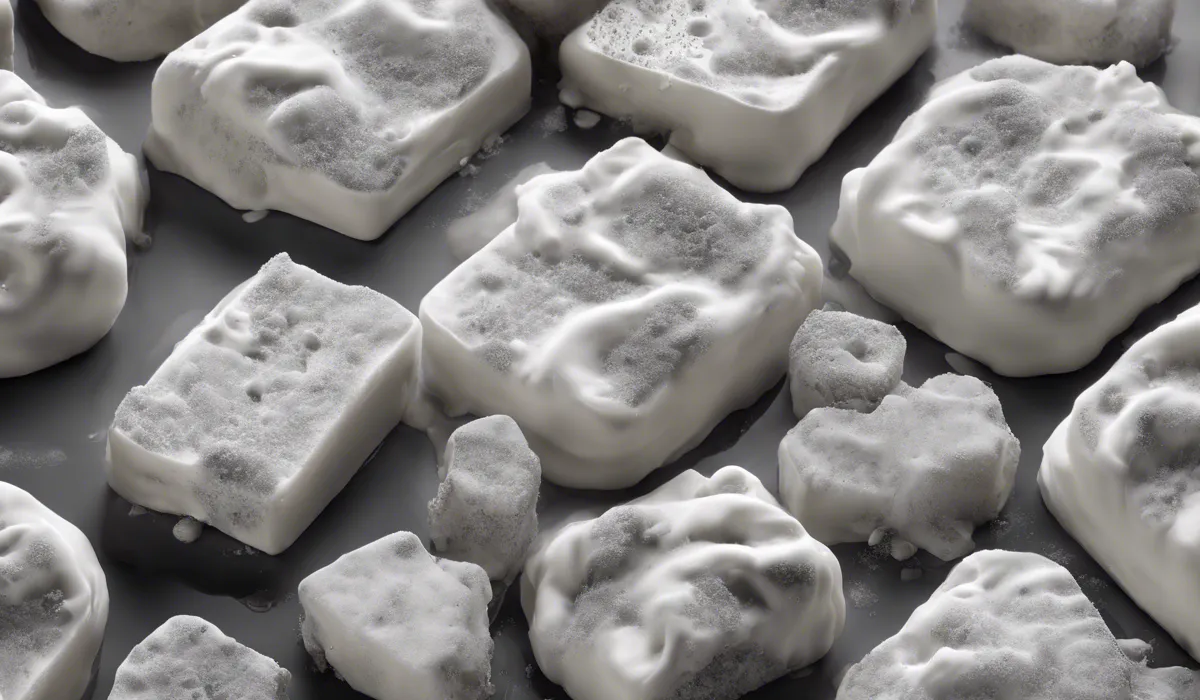Yes, mold can emit a sweet smell, which is often likened to the scent of overripe fruit. This odor results from the chemical compounds produced during mold growth. Different mold species can have varying aromas, including sweet scents.
Understanding Mold and Its Various Odors

What Exactly is Mold?
Mold is a type of fungus that can be found both indoors and outdoors. It is a natural part of the environment and plays a vital role in breaking down organic matter.
However, when mold grows in our homes, it can become a problem.
Common Types of Mold and Their Scents
There are thousands of mold species, each with its unique characteristics and odors. Some molds, like Penicillium, can have a musty smell, while others may emit a more earthy scent.
What Influences Mold Odor?
The smell of mold is influenced by various factors, including the type of material it is growing on, the stage of growth, and the environment’s humidity and temperature.
Sweet Smell of Certain Molds
Some molds can produce a sweet odor, which is often compared to overripe fruit. This smell is due to the chemical compounds molds release as they grow.
Conditions like continuous dampness can contribute to the development of sweet-smelling molds.
Health Implications of Sweet-Smelling Mold

Sweet Smell Does Not Mean Safe
It is a common misconception that a sweet smell from mold means it is less harmful. This is not true.
Mold, regardless of its scent, can pose health risks to individuals, especially those with allergies or compromised immune systems.
The Dangers of Mold Exposure
Mold exposure can lead to a variety of health issues, including respiratory problems, allergic reactions, and in some cases, more severe illnesses.
It is crucial to take mold growth seriously, no matter the odor it produces.
Concerns with Sweet-Smelling Molds
Molds that emit sweet odors may produce mycotoxins, which are toxic substances that can lead to health problems if inhaled or ingested. It is essential to be cautious around any mold, especially those with a sweet smell.
The Need for Immediate Mold Addressal
Ignoring mold can lead to its spread and an increase in health risks. It is critical to address mold issues as soon as they are discovered to protect your health and your home.
Handling and Preventing Sweet-Smelling Mold

Identifying Mold in Your Home
Finding mold in your home involves looking for visible signs of growth or noticing a musty or sweet odor. Checking damp areas like bathrooms and basements regularly can help catch mold early.
Professional Mold Assessment and Remediation
If you suspect mold in your home, it is best to call a professional. They can accurately assess the situation and recommend the appropriate remediation methods to ensure the mold is thoroughly removed.
Preventive Strategies for Mold Growth
Preventing mold growth involves controlling moisture levels in your home, fixing leaks promptly, and using dehumidifiers in high-humidity areas.
Regularly cleaning and maintaining your home also reduces the risk of mold development.
Why Ventilation and Moisture Control Matter?
Good ventilation helps reduce moisture and prevents mold growth. Ensure your home has adequate airflow and that areas prone to dampness are well-ventilated.
Additionally, addressing moisture issues quickly can stop mold from taking hold.
The Role of Regular Cleaning in Mold Prevention
Regularly cleaning your home, especially areas like kitchens and bathrooms, can prevent mold spores from settling and growing. Using mold-resistant products during cleaning can also be helpful in keeping mold at bay.
FAQs About Can Mold Smell Sweet
Can mold have a sweet smell?
Yes, some mold species can emit a sweet smell, similar to the scent of overripe fruit, due to the chemical compounds they produce during growth.
Why does mold sometimes smell sweet?
Mold smells sweet because of the volatile organic compounds (VOCs) it releases as part of its metabolic process. These compounds can vary in scent, with some being sweet.
Is a sweet smell in my home always indicative of mold?
No, a sweet smell in your home is not always indicative of mold. Various factors, including other types of bacteria or hidden food spills, can also cause sweet odors.
What types of mold emit a sweet smell?
Various mold species can emit a sweet smell, and the exact type can only be determined through professional testing.
Should I be concerned if I detect a sweet moldy smell in my house?
Yes, if you detect a sweet moldy smell in your house, it is advisable to investigate for mold growth and address it promptly to prevent potential health risks and property damage.
Final Thoughts
Mold can indeed produce a sweet aroma, similar to that of overripe fruit, caused by the various chemical compounds it releases as it grows.
The specific scent may vary among different mold species, with some emitting distinctly sweet odors, contributing to the diversity of mold aromas encountered.
